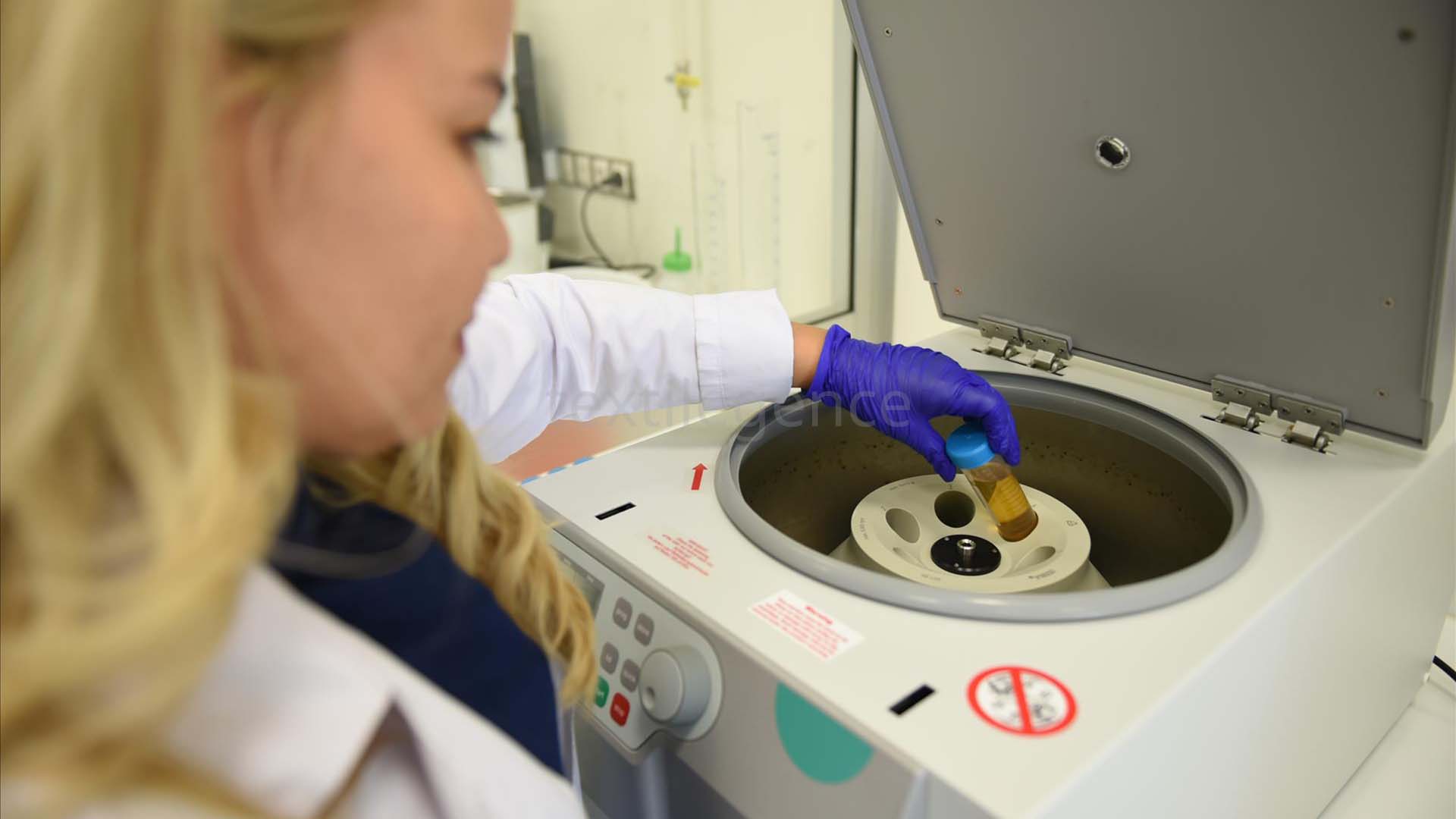Within the scope of the project carried out at Hitit University, chemical-free dye was produced using microorganisms obtained from bruised apples. According to AA, in a statement made by the rectorate, it was stated that Dr. Lecturer Gamze Nur Müjdeci from the Faculty of Engineering started a study to develop a natural dye that would compete with synthetic dyes. Müjdeci, who obtained microorganisms using bruised apples in a laboratory environment, managed to produce a chemical-free natural pigment (a coloured material that is completely or almost insoluble in water) from the microorganism she fed with stale bread and melon peel.
“It can be widely used in textile, food, pharmacy and cosmetic industries”
Gamze Nur Müjdeci, whose views were included in the statement, disclosed that synthetic pigments harm the environment and human health, and therefore research was started for natural pigment production. Müjdeci stated that they managed to produce a natural pigment called ‘Pulcherrimin’ by using damaged apples, stale bread and melon in the study conducted, and said: “Pulcherrimin is a red pigment substance. It is used as a colorant in different industries. It also has a protective feature against the harmful rays of the sun. Its antimicrobial properties have also been determined. It can be widely used in textile, food, pharmacy and cosmetics industries.”

Müjdeci drew attention to the fact that the product they developed was a product that Türkiye imported from abroad and noted the following: “A sustainable solution was found, cause the waste we used in this study was transformed into a colorant with high added value and an import substitute. Since a natural pigment was used, a more beneficial solution was produced for the environment and human health. The domestic production of this colorant, which is both natural and friendly to the environment and human health, is not yet in question, but according to the results of the study, it may shed light on domestic production.”
Various studies are being conducted in the scientific world in Türkiye on natural dye production and sustainable materials. Last year, scientists at Akdeniz University managed to obtain powder dye by growing the indigo plant (Indigofera tinctoria), which can be used instead of synthetic dyes in the textile industry and is cultivated in tropical countries, for the first time in Türkiye in Antalya. Within the scope of a project developed by the Sustainable Development Youth Leaders Education Program (SÜGEP) Academy; Ulva lactuca, which is especially concentrated in certain periods of the year in the Gulf of Izmir and is known among the public as ‘sea lettuce’, was the subject of a scientific study as a sustainable alternative to plastic packaging.
